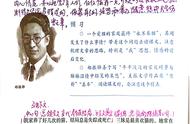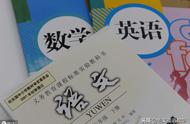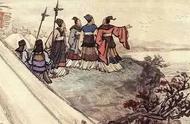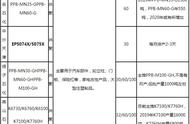1、人称代词的位置
①人称代词通常用于它所指代的名词之后
Tom is a five-year-old boy. He likes reading and swimming.(he指代Tom)
②人称代词也可位于它指代的名词前
Though he didn't know it, Jack was in danger. (he指代Jack)
2、人称代词的指代作用
人称代词不仅可以指人,也可指物。人称代词的人称、数和性由其所指代的名词决定,人称代词的格由其在句中的地位决定,作主语时用主格,作宾语时用宾格。
①第一人称单数主格 I 代表说话者
The light is bad,I can't see clearly.
在并列主语中,I 总放在最后(表示客气)
you and I, he and I, you,he and I, you and he
②第一人称复数we可用来代表说话者一方 We need some apples.
we也可以代表说话者和听话者双方 Let's go home,shall we?
we 可用来泛指一般人 We should keep calm even we are in danger.
③第二人称单复数形式相同都是you,根据句意判断其单复数。you可以代表听话者一方 You two must arrive on time.(复数)
you也可以用来泛指任何人 You never know what may happen.(谁也不知道)
④第三人称单数he用来指代已提到过的男人 -Where is John? -He is in the garden.
在一些谚语中,he可以泛指一般人 He who laughs last laughs best.
⑤第三人称单数she用来指代已提到的女人- Where is Mary? - She has gone shopping.
she可以代表国家、船只、大地、月亮等 China will always do what she promised to do. (中国总是说到做到)
⑥第三人称单数it用来指代提到过的一件东西或事物 I like swimming.It keeps me healthy.(it指代swimming)
it可用来指代baby;也可用于打电话时询问对方是谁
⑦第三人称复数they用来指代已提到过的一些人或事;也可用来泛指一般人
3、人称代词的句法作用
①作主语:人称代词的主格在句中主要用作主语 We asked the teacher to explain the difficult sentences again.
②作宾语:人称代词的宾格在句中主要用作宾语 I saw him in the street.
③作表语:人称代词作表语时通常用宾格If I were her,I would take the advice.
④作独立成分:人称代词单独使用时通常用宾格形式 Me, too. 我也如此。
⑤作同位语 We teachers should be patient with students.
,












